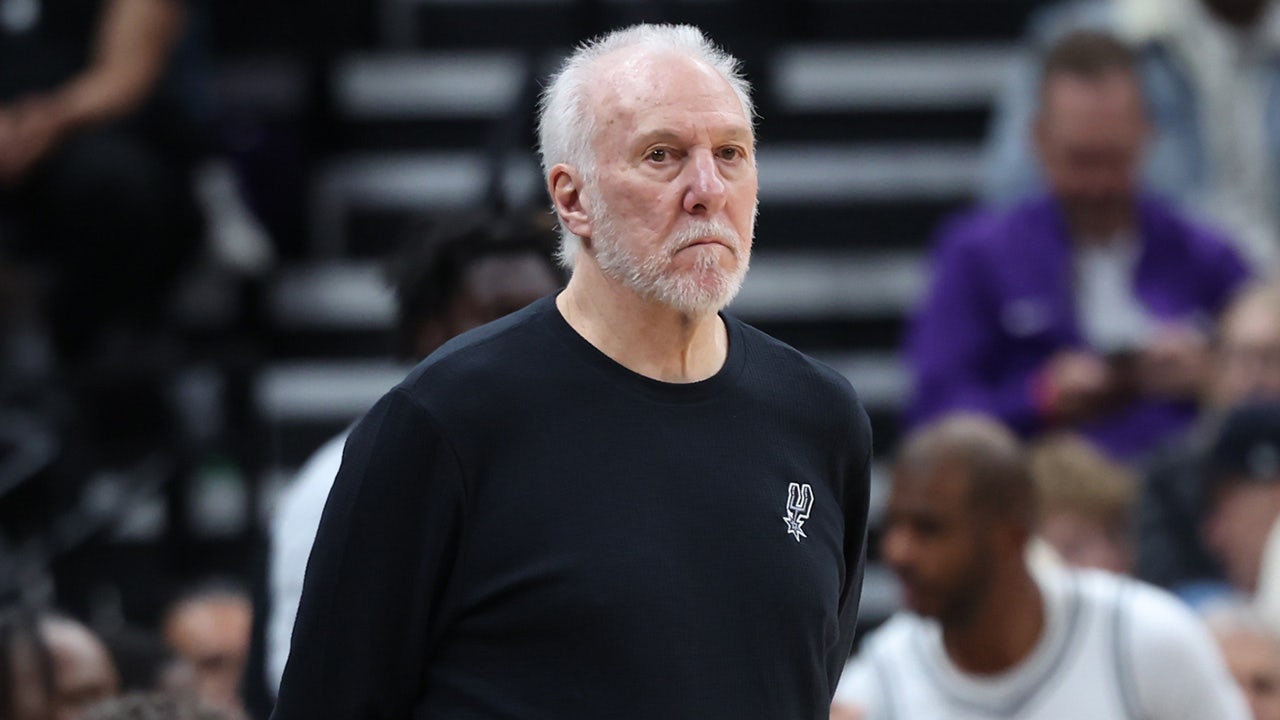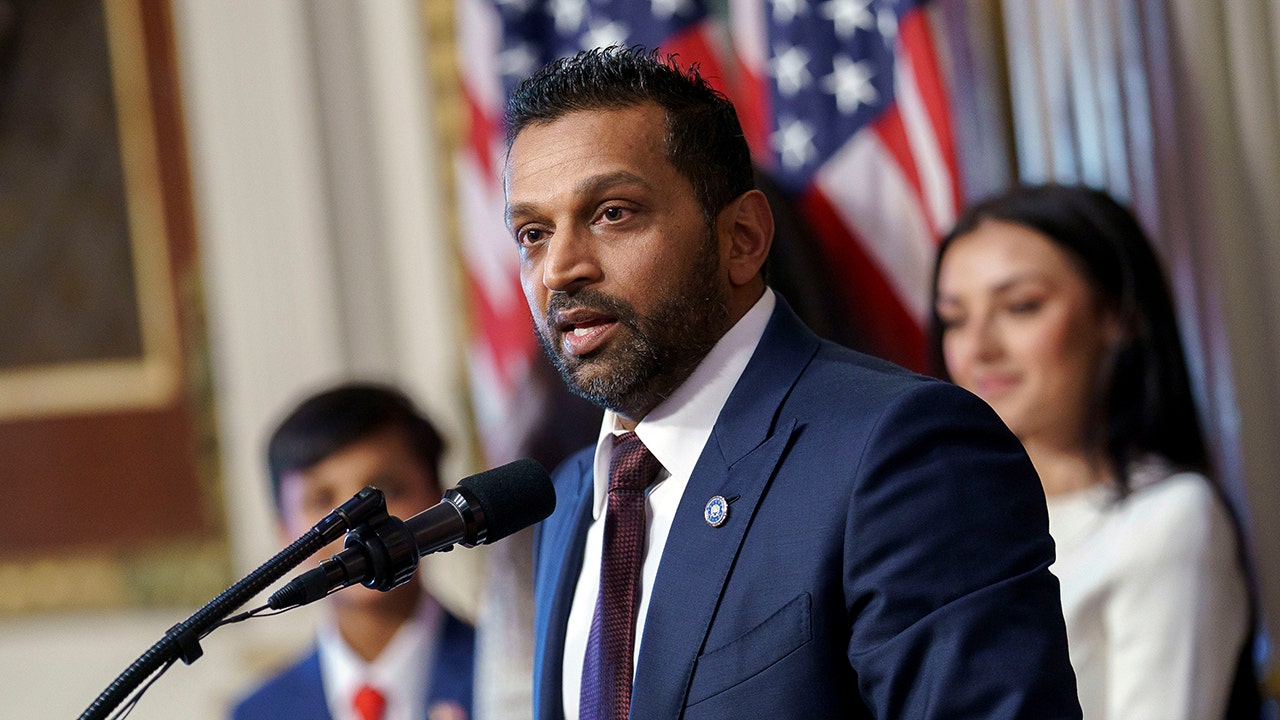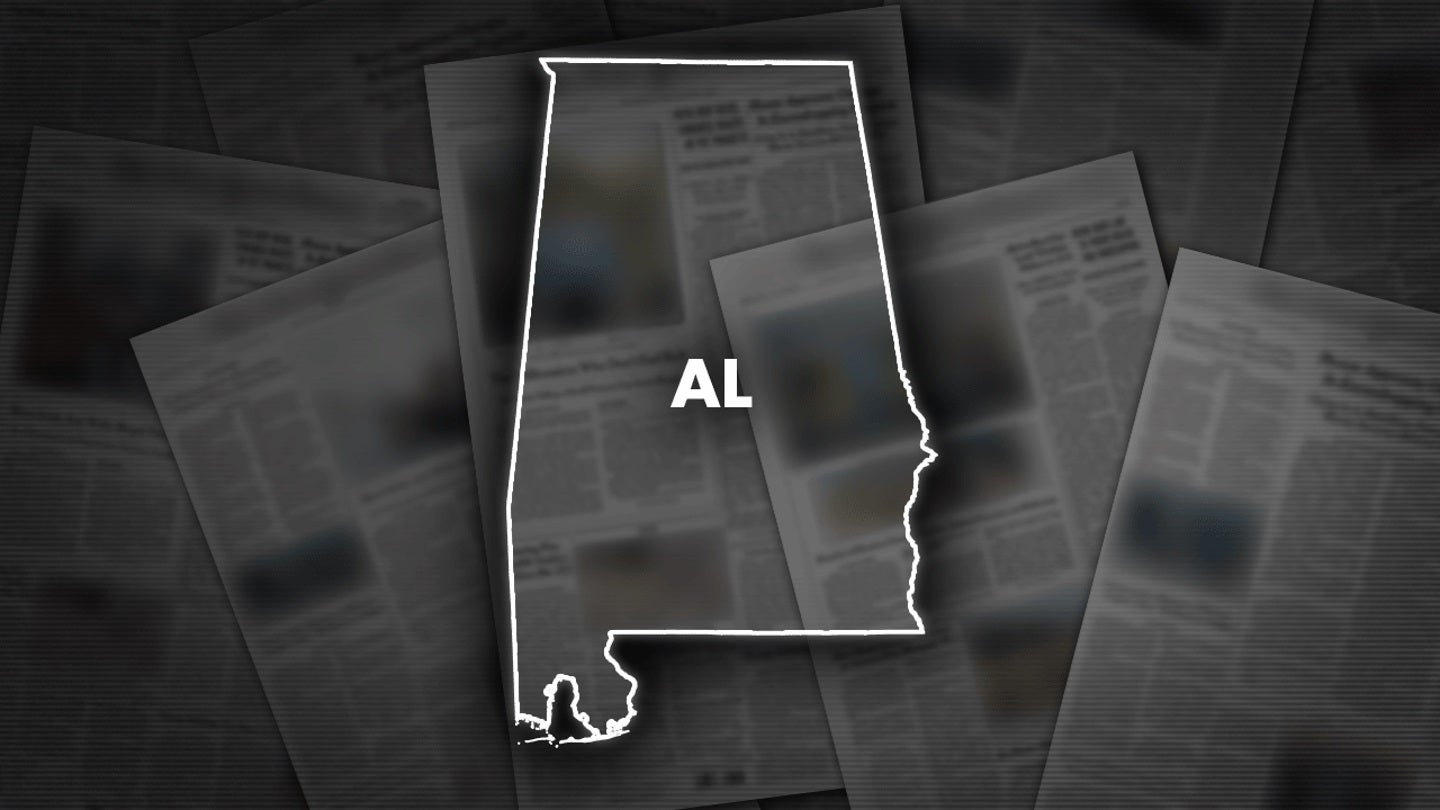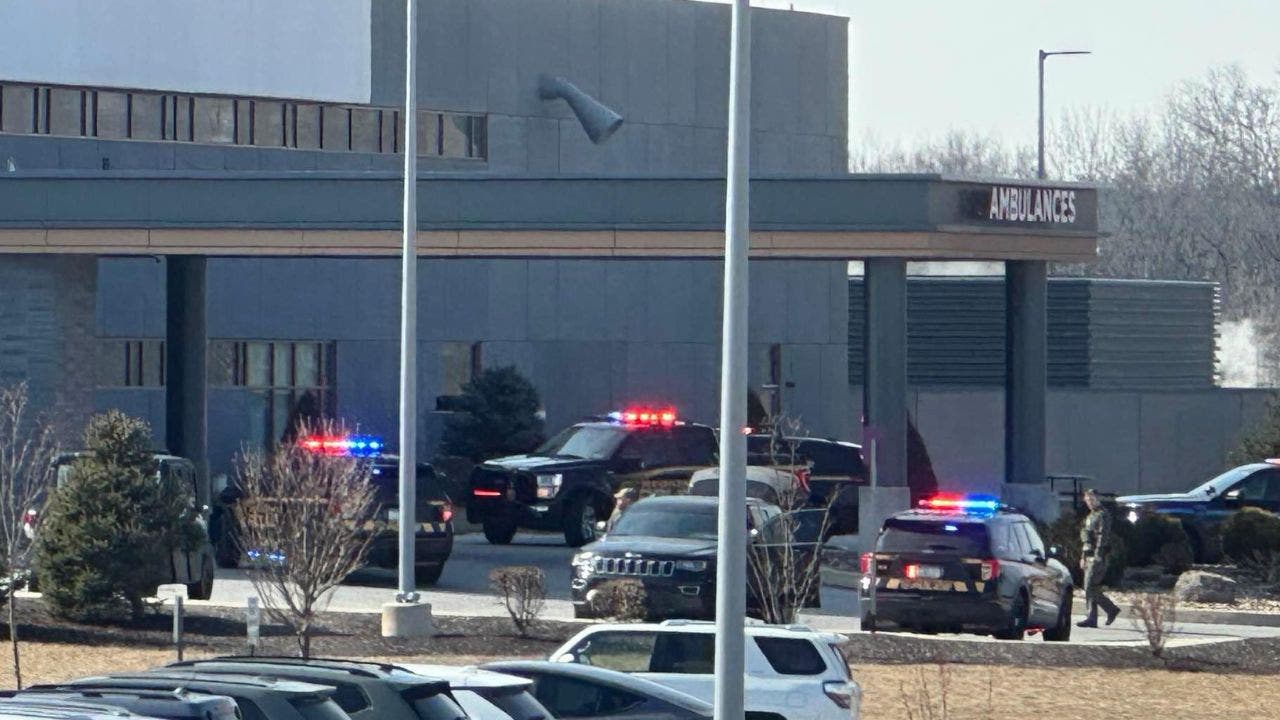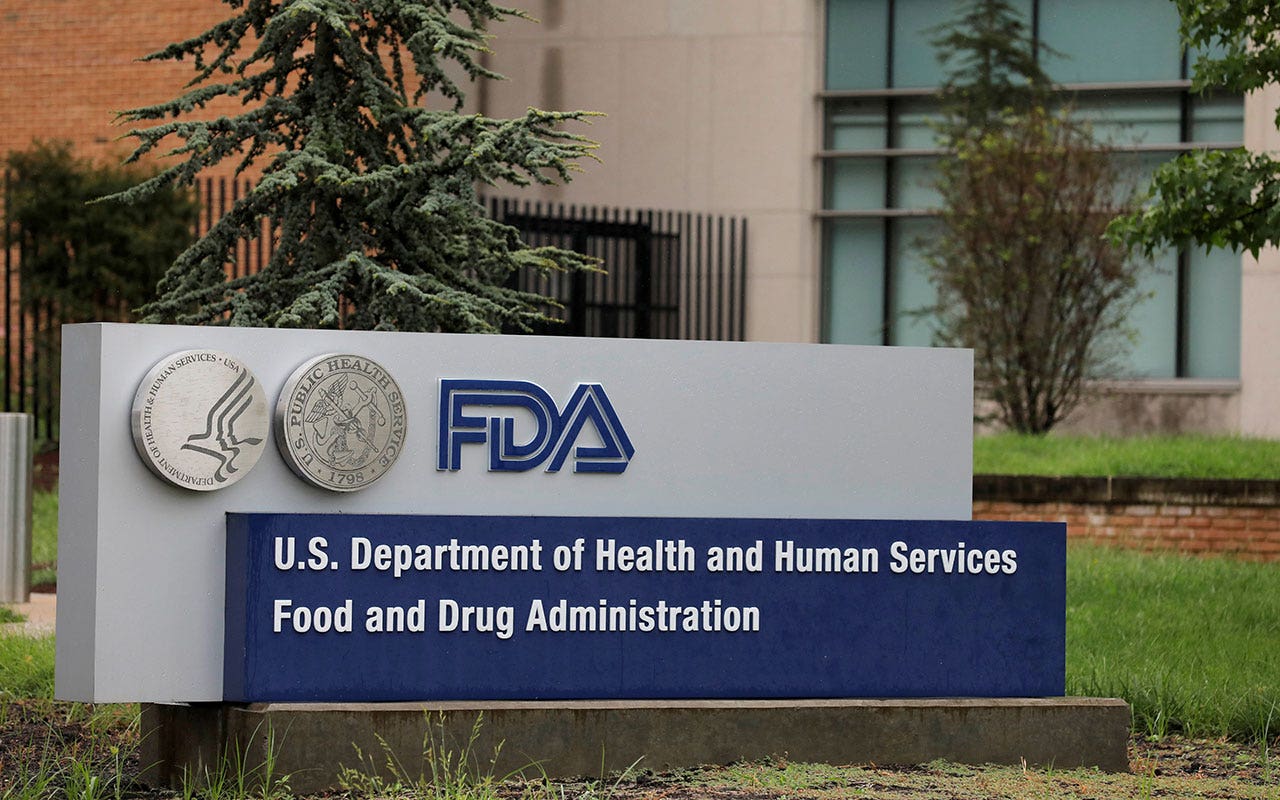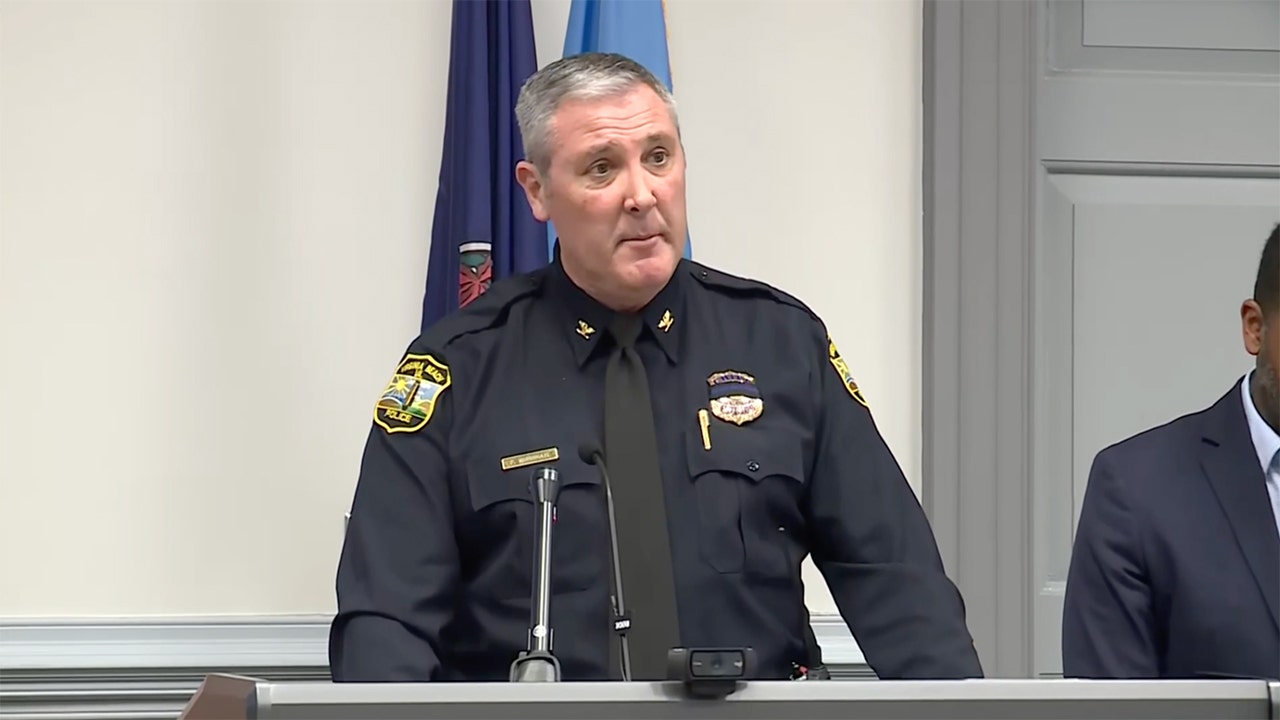Justin Trudeau’s reign as leader of the Canadian Liberal Party ended Monday morning when the embattled Prime Minister yielded with ill grace to the inevitable. His party, which polls showed falling as low as 16 percent, faces electoral Armageddon in the election, which was sure to follow the return of Parliament from its winter break.
The three other parties, the Conservatives, Bloc Quebecois, and the New Democrats, who until recently were Trudeau’s partners in crime, had pledged to bring down his government, and they had the votes to do so. While no formal mechanism existed within the Liberal Party to remove a leader from office, most Liberal members of parliament had expressed their opposition to Trudeau continuing as Prime Minister.
The irony is that Trudeau will remain Prime Minister for some time. The Liberal Party’s constitution requires at least 90 days for a leadership election, and Trudeau stated his determination to remain in office until a successor is chosen. While Trudeau also recessed Parliament to allow the leadership election to take place and, conveniently, to prevent the opposition parties from forcing an election beforehand, the government will run out of money on April 1, leaving a new Liberal Prime Minister with perhaps as little as two weeks before they must face an electorate that seems done with the party.
Trudeau likewise seemed done with his party and indifferent to its fate. His resignation speech left little doubt that his departure was anything but voluntary, and there was not a whiff of self-reflection. Trudeau denounced “infighting” within the caucus – in short, criticism of his leadership – for rendering his position untenable, implying that if Liberal MPs went down to defeat, they only had themselves to blame. They could have walked on electoral air if they had only shown the proper fealty to their reviled leader.
Gratitude only went one way for Trudeau, who used his resignation speech as an opportunity to take swipes at potential successors.
Chrystia Freeland, his former deputy prime minister and finance minister, had stood beside him for eight years and was involved in every decision he made as prime minister and party leader. While he had hoped she would continue to work with him, she had chosen a different path. For the Canadian people, there was not a word of apology, not for the economy, mass migration, or international isolation. Only a suggestion that by turning on him, both the media and opposition parties had undermined the nation in the face of the “threat” of Donald Trump.
It was a petty, mean-spirited speech, full of grievances, empty of reflection, and with little effort to tout “achievements.” Perhaps because, in the year of our Lord 2025, it is difficult to think of a single area in which Justin Trudeau left his country better off than he found it. Arguably, it is hard to think of any Canadian leader or many democratically elected ones whose legacy has fallen so uniformly fallow.
Domestically, Canada is more divided than at any point in decades. Quebec separatism, which had been all but buried by 2015 when Trudeau became Prime Minister, has returned to life. In the election that swept Trudeau to office, the separatist Bloc Quebecois won 10 seats. It now holds 33, and polls show it likely to come second in this year’s elections, pushing the Liberals into third or even fourth place. Its provincial counterpart, the Parti Quebecois, which had been reduced to a mere three out of 125 seats, is set to win a majority this year as a prelude to a new referendum on leaving Canada.
Why wouldn’t they want to leave? Adjusted for purchasing power parity, the average American’s income has increased from $54,000 in 2016 to $66,000 in 2024, while that of the average Canadian has barely grown from $44,000 to $46,000.
At the same time, Canada has faced housing, law enforcement, educational, and job market crises driven by the Trudeau government’s replacement of a points-based immigration system with a policy that allowed for work visas to be issued by educational institutions that could be little more than English language courses taught out of a rented lot in a shopping mall. In 2014, the year before Trudeau entered office, there were 330,105 international students present in Canada. By 2023, that number was 807,260.
This increased permanent immigration from 240,775 a year in 2014-2015 to 493,236 in 2021-2022, remaining at nearly half a million through 2024. That is as if almost five million were granted permanent residency in the United States every year for four years. Canada’s population grew from 35 million in 2015 to 41 million in 2024.
This process placed a strain both on the housing supply and on the job market, as young native Canadians increasingly found themselves priced out of housing by foreign immigrants and underpriced out of the job market by the foreign students the Trudeau government imported. Nearly 15 percent of Canadians under the age of 30 are unable to find either jobs or university spots. Even Trudeau belatedly recognized the problem, promising to cut immigration last year. By that point, few could be forgiven for not believing a word Justin Trudeau said.
The true Trudeau is arguably the Trudeau on display during his resignation speech. The Trudeau who cannot fail but only can be failed by others—the Trudeau who is owed loyalty, but is obligated to display none in return. A Prime Minister who pledged to make his cabinet 50 percent female and defined himself as a feminist, yet was willing to throw his Freeland and closest confident overboard with sneering contempt when she dared to use the word no. A Prime Minister who appointed the first Indigenous female Attorney General, Jody Wilson-Raybould, then drove her out of the Liberal Party and politics when she refused to commit criminal acts on his behalf.
Chrystia Freeland and Jody Wilson-Raybould discovered that no one gets to say no to Justin Trudeau. Not parents, not members of his cabinet, and especially not the truckers who were called terrorists and had their bank accounts frozen after they dared to challenge Trudeau publicly in front of the world.
This unchecked narcissism did more than any other factor to destroy Canada’s global standing. Justin Trudeau entered office with delusions of both following in the footsteps of his father, who never found an anti-American cause he could not champion, while also posing as the leader in exile of Western wokeism against the Donald Trumps, Boris Johnsons, and Vladimir Putins of the world.
Trudeau likely would have struggled to succeed at either, but by pursuing both, he alienated the entire world. His efforts to pivot to the global south ran aground on his narcissism; he was no more willing to tolerate defiance from India or China than from female members of his cabinet.
Trudeau broke relations with India over New Delhi’s assassination of an exiled terrorist who was plotting attacks from Canadian soil. He could not explain why the murderer of the 11-year-old brother and father of Bangladesh’s Prime Minister was living at taxpayer expense in Toronto despite decades of court orders for his extradition but made clear that he viewed the raising of the issue as a personal affront. His arrest of a senior Huawei executive angered the Chinese Communist Party, while his grandstanding as an anti-Trump resistance “hero” destroyed whatever credit that might have earned him in Washington.
Trudeau leaves a Canada divided internally, facing a migrant crisis, bankrupt, and isolated internationally to his successor. That successor will be chosen by a Liberal Party that itself has been crippled, first by Trudeau’s ruthless purging of dissent, second by his own unpopularity, and third by the narcissism which led him to choose to remain Prime Minister while that successor is chosen.
The most likely candidates are Freeland, former Bank of England head Mark Carney, former British Columbian Premier Christy Clark, and Transport Minister Anita Anand. Trudeau made clear his antipathy to Freeland in his resignation speech, reminding the Canadian electorate she had stood loyally by his side for eight years before he fired her over Zoom. She also suffers from being associated closely with the poor state of the Canadian economy.
Mark Carney, by contrast, is famous for ruining a different economy, helping to ensure that Canada enjoyed the slowest growth and highest inflation within the G7 during his tenure at the Bank of Canada. Carney, who had never held political office, was Trudeau’s intended replacement for Freeland before he showed a good sense of rejection of the role. His election would present the public with technocrats at a time when they had lost faith in the experts.
Christy Clark is interesting, having led a center-right government in British Columbia, but she lost her last election in 2017 and has not held any public office since. Anand’s primary recommendation for the role appears to be that she is not one of the above names and would be Canada’s first non-white prime minister. That seems to be sufficient to endear her to a bitter Trudeau.
The odds are that these names will end up as historical footnotes. Polls show the Liberal Party as much as 30 percent behind the Conservatives, who, under Pierre Poilievre, have adopted the slogan “bring it home,” and have promised to end the Trudeau era.
If elected, Poilievre would be Canada’s most conservative prime minister in history, and that would apply in the American, not just Canadian, sense. It may well be that Justin Trudeau’s lasting legacy will be to drive Canada in a conservative direction through his failed flirtation with cosmetic, hypocritical, woke politics.
Walter Samuel is the pseudonym of a prolific international affairs writer and academic. He has worked in Washington as well as in London and Asia, and holds a Doctorate in International History.
Read the full article here

